Let's face it, brussels sprouts can be bitter. Sometimes they might taste extremely bitter and other times you don't detect it at all.
Some causes of bitterness are out of your control, like extreme heat or drought while the plant grows. But most of brussels sprouts bitterness can easily be minimized by using fresh, in season sprouts, the right cooking method, and the right flavors.
Salt, sugar, acid, and fat can all be used specifically to make brussels sprouts taste less bitter. Each of these basic tastes works a bit differently to suppress bitter flavors, as we'll get into in this article.
Jump to:
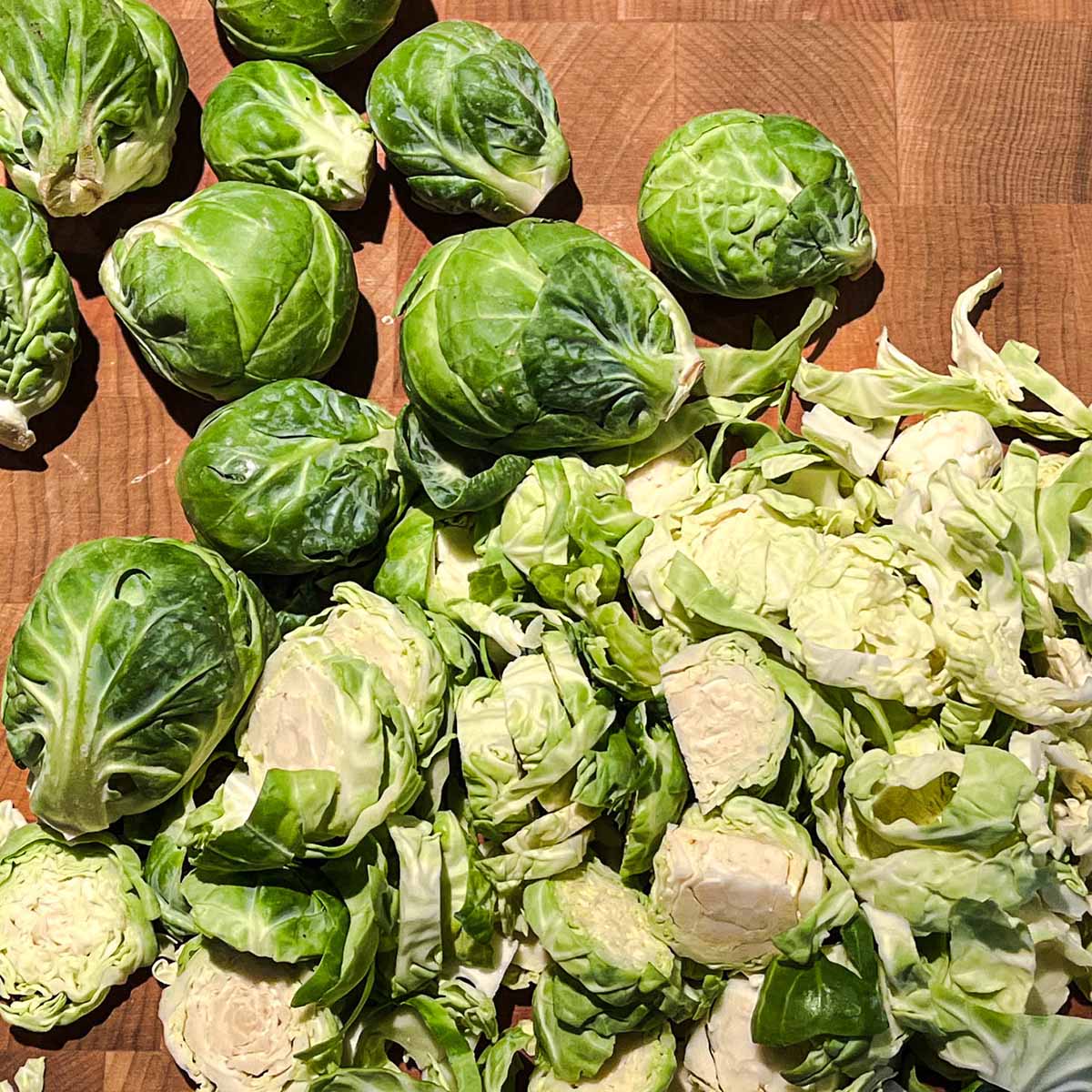
What causes bitterness in brussels sprouts
Brussels sprouts and other cruciferous vegetables like cabbage and broccoli are bitter mainly from a specific type of compound: glucosinolates. They are released when cell walls are damaged from cutting or chewing.
Many vegetables can taste bitter, but each can have different causes. For example, cucumbers and zucchini (cucurbit family) are bitter from the compound cucurbitacin which is found near the stem and in the skin of the vegetables. It is stronger when the plant is stressed from heat or other weather conditions.
Cooking methods
If you want brussels sprouts to taste less bitter, don't boil them! As reported by Harvard University, "overcooking the vegetable, particularly by boiling, will intensify any bitter flavors and unpleasant odors."
Alternatively, cooking brussels sprouts in high heat can deactivate some of the compounds that are responsible for the bitter flavors, which is one reason why roasting or a high-heat pan frying are the most popular cooking methods.
Cooking at high heat also caramelizes brussels sprouts, making them sweeter which reduces our ability to taste bitter flavors.
Long storage
Fresh, brussels sprouts that are in season will taste better. That's because they lose sugar the longer they are stored, often making them taste more bitter as a result. Look for sprouts that have green leaves, as yellow is a sign they are old. The heads should be firm and tight.
Less bitter varieties
The varieties of brussels sprouts available today are actually less bitter. In the 1990s, several scientists identified the compounds (glucosinolates) responsible for the bitter flavor.
With that information in hand, seed companies searched through all available varieties to identify ones that would taste less bitter. They were planted and then cross bred to further improve their flavor.
Another option to consider are purple brussels sprouts. They are even less bitter than modern green varieties, often sweeter and nuttier as well. It's worth noting the purple color will fade slightly when cooked but not completely disappear (like it does with purple asparagus).
Ability to taste bitterness
How we perceive bitter flavors is anything but simple. Not only do certain flavors interact with our ability to detect bitterness, but so does our age. As we get older, our sensitivity to bitter (and salty) flavors decreases, but sweet and sour remain stable. (source: pdf)
The ability to taste various bitter flavors is also tied to your genetics. In general, about 25% of people are bitter "non-tasters", while 50% taste bitter flavors to some degree, and another 25% are highly sensitive to bitterness.
The last group are called super-tasters (like me) and can taste it a mile away. You can actually conduct a cheap test at home to evaluate your ability to taste bitter flavors. These little paper test strips (reminiscent of high school chemistry class), test your taste buds for the PTC bitter receptor on your tongue.
"Even though PTC is not normally found in our food, it is very similar to chemicals found in cruciferous vegetables such as cabbage, broccoli, kale and Brussel sprouts." - Joyce Lam, University of London.
When you taste a test strip, you will either detect zero bitterness, a medium amount, or a lot, depending on your genetics. Joyce Lam explains it as simply as possible in the article, "Why do some people hate brussels sprouts?"
How to make brussels sprouts taste better
The good news is brussels sprouts will taste less bitter (and better) with the addition of salt, sugar, acid, and fat. Yes, all of them!
In Adam Drewnowski's article, "The science and complexity of bitter taste," (pdf) he says, "For example, the bitterness of caffeine can be suppressed by sugar, acid, or salt."
It's actually fairly well studied because many naturally bitter vegetables are also very healthy, helping reduce cancer among other things. Because of this, researchers study ways to make bitter vegetables taste better to encourage people to eat them.
In each section below, I've linked to relevant studies if you are interested in the science behind it all.
Add salt
Salt is the best tool we have to reduce bitterness - it is more effective than sugar, acid, and fat.
What's even more interesting is that bitterness does not reduce the salty taste of food. "Sodium salts and bitter compounds generally interact so that bitterness is suppressed to some variable degree and the saltiness is unaffected." (source)
This means you don't have to over-salt bitter food, which might have health consequences. It's worth noting that salt alternatives like potassium chloride are not nearly as effective at reducing bitterness.
In addition to reducing bitterness, salt actually enhances sweet flavors, as studies have shown. That's why adding salt works like magic when roasting brussels sprouts with maple syrup, or adding a salty cheese and honey-based dressing to a salad.
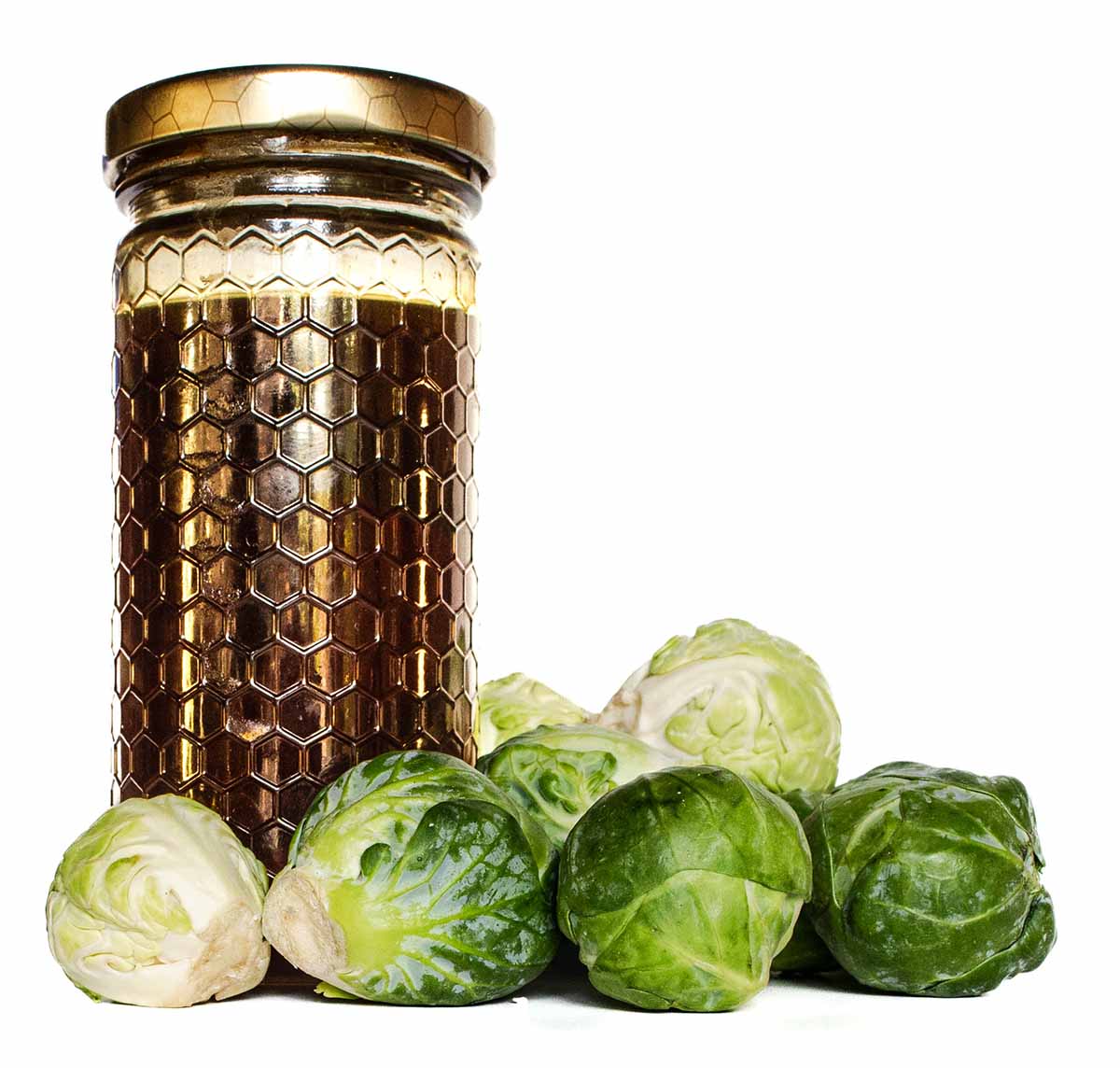
Add sugar
Sugar makes food taste less bitter, especially when used generously. That's one reason people add sugar to coffee and tea. Regarding brussels sprouts, researches confirmed that sugar masks the bitter compounds found specifically in cabbage (the same family as brussels sprouts and broccoli).
However, bitterness also reduces perceived sweetness, which is why chocolate desserts often have more sugar than their non-chocolate counterparts. The takeaway here is that if you have overly bitter brussels sprouts, or they accidentally turned more bitter after cooking, adding a little more sugar than a recipe calls for can help.
When adding sugar, go for the real stuff. Studies have shown that natural sugars reduce bitterness more than non-caloric sweeteners like aspartame or Splenda.
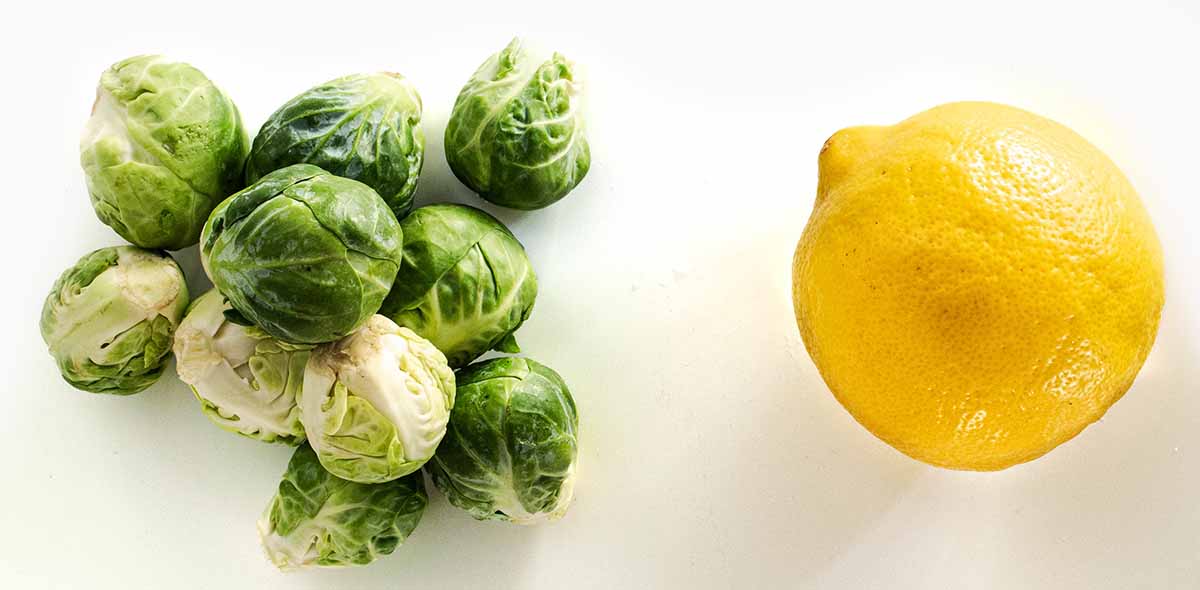
Add acid
Have you ever noticed how most salad dressings are acidic? Vinaigrette dressings belong to a category entirely devoted to vinegar, an acidic ingredient.
That's because various studies, "strongly indicate that the bitter taste of lettuce could be easily suppressed using sour seasonings such as vinegar, dressing, or mayonnaise in everyday meals."
This applies to the bitterness from brussels sprouts as well. That's why brussels sprout salads usually taste better with acidic dressings, or roasted sprouts tossed with lemon juice or a lemon-butter pasta sauce.
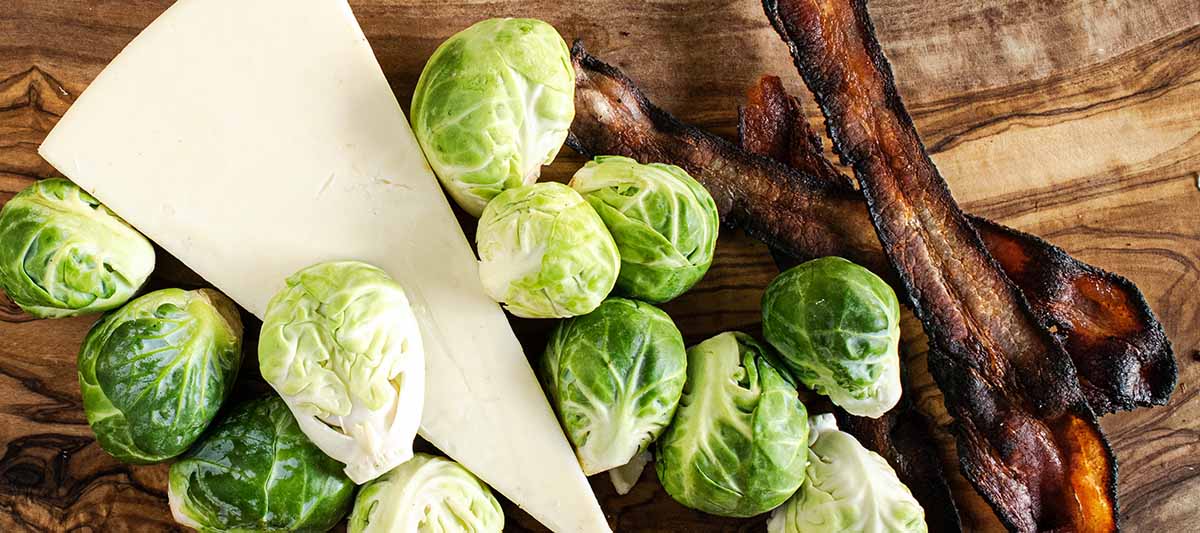
Add Fat
Fat reduces our ability to detect bitter flavors without changing how sweet or salty the food tastes. Koriyama's study found that "tuna oil suppressed bitter taste perception, though sweetness or saltiness remained unaffected."
However, it is still unclear why this is the case, as a study by Amira S. Khan et al noted, "it is not known exactly how fat-taste might inhibit the bitterness perception which has been reported in various studies." (pdf source)
One thing we know for sure is that fat does reduce bitter flavors, and we can work with that. Recipes with bacon, roasting with a generous amount of oil, or adding a cheese sauce will all make brussels sprouts taste better.
Roasting & pan-frying
Cooking brussels sprouts in high heat caramelizes their natural sugars. And as we've learned, sweet flavors make things taste less bitter.
A cup of brussels sprouts has 2.4 grams of sugar, which is about half of a teaspoon. That's about half as much as carrots which have 5.4 grams of sugar per cup. So while it might not seem like a lot, it's enough to work with when roasting or pan-frying, especially if you are watching your sugar intake.
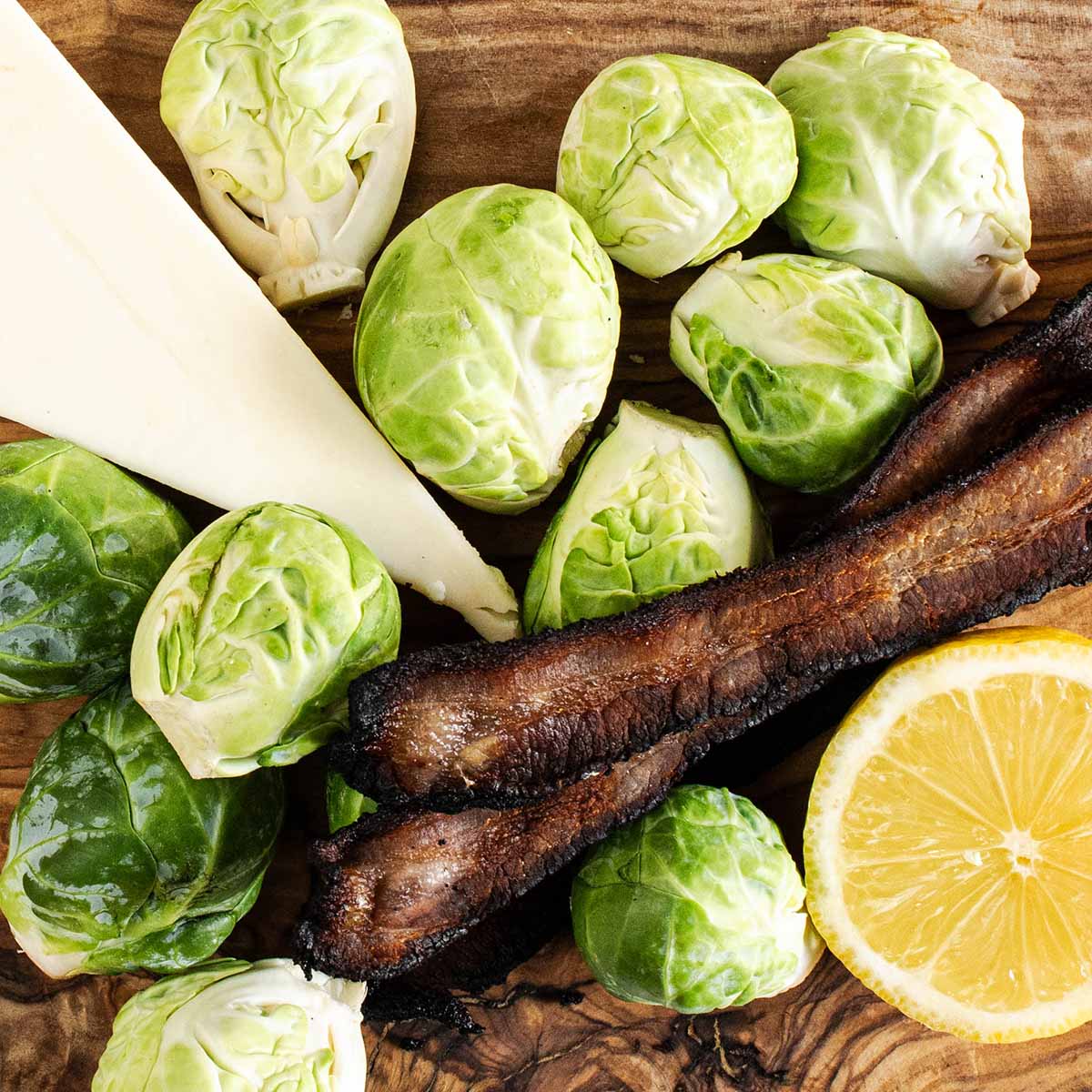
Recipes that make brussels sprouts taste less bitter
Once you start looking for brussels sprouts recipes, you'll notice most of them use one or more of these techniques, reducing bitterness whether they knew it or not.
Browse through 50 brussels sprouts recipes that reduce bitterness.
You can also improvise using these ingredients:
- Salt: whether you salt the sprouts themselves, or use salty ingredients like bacon, cheese, soy sauce, or worchestershire sauce
- Sugar: maple syrup, honey, and brown sugar all complement the natural sugars in brussels sprouts
- Acid: lemon juice, orange juice, balsamic vinegar, and vinegar based dressings and sauces
- Fat: cooked in butter, bacon fat, or olive oil, or paired with fatty meat like bacon, sausage, or fatty fish like salmon. Other good options include cheese (or a cheese sauce), heavy cream, or even nuts (which are high in fat).

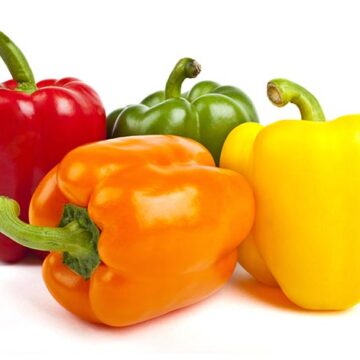
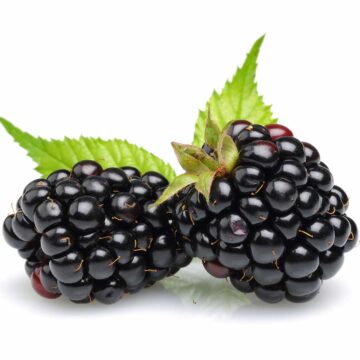
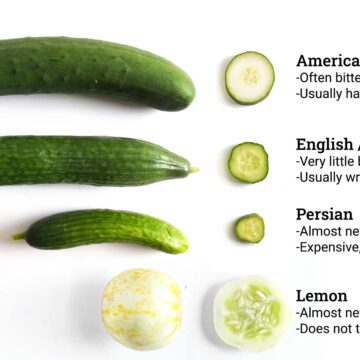
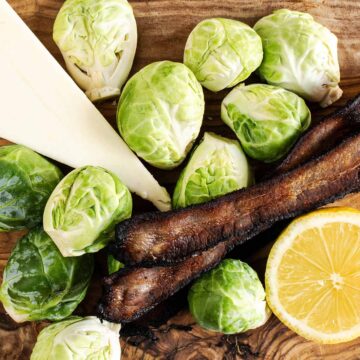
Leave a Reply